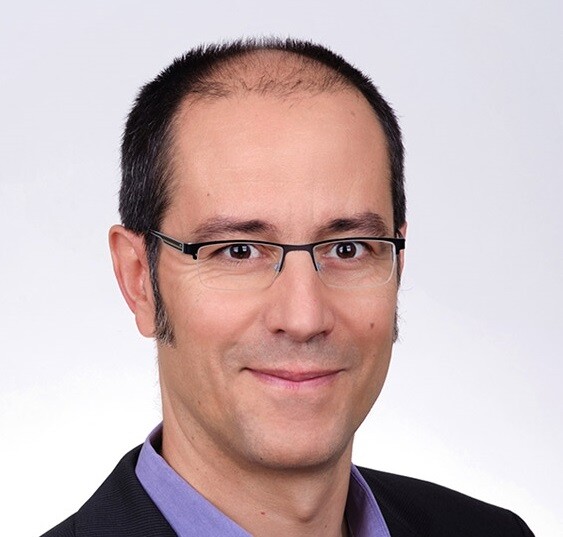Mobile Menu
- Education
- Research
-
Students
- High School Outreach
- Undergraduate & Beyond: Community of Support
- Current Students
- Faculty & Staff
- Alumni
- News & Events
- Giving
- About

A leading genetics researcher has been recruited from the United States to join the Faculty of Medicine as a Canada 150 Research Chair in Developmental Epigenetics.

Federal Science Minister Kirsty Duncan announced appointment of Miguel Ramalho-Santos as one of the first four Canada 150 Research Chairs in Ottawa on Wednesday.
The one-time, $117-million program to help universities recruit top internationally based research talent to Canada was unveiled in the 2017 federal budget in celebration of Canada’s 150th anniversary. The government hopes the chairs – more than 25 to be hired eventually -- will provide an opportunity to enhance the country's reputation as a global centre for science, research and innovation excellence.
Ramalho-Santos, who is originally from Portugal, spent the last two decades in the U.S. studying molecular mechanisms in early embryonic development, looking at the interaction of the environment with genes. He will join the Faculty of Medicine and the Lunenfeld-Tanenbaum Research Institute in the Sinai Health System as the Canada 150 Research Chair in Developmental Epigenetics.
“We look forward to seeing what you do over the next seven years,” Duncan said.
The two U of T affiliated researchers will each receive $350,000 per year for the next seven years.
The new chairs “will be pursuing important scholarly advances – their work will have impact around the world,” said Vivek Goel, U of T’s vice-president of research and innovation. “Their appointments show the value of government funding in helping U of T to attract some of the top scholars in the world, at a time when Canada is looking increasingly appealing to researchers.”
Ramalho-Santos, whose wife is Canadian, comes from the University of California San Francisco where he has been investigating the environment and genome interaction at the molecular and cellular basis during the critical prenatal period, which he has found can later determine which individuals are prone to cardiovascular disease, obesity or neurological diseases as they age.
“It’s a tremendous honour and also great responsibility that I look forward to taking on,” he said. “We used to think that all the information to generate in an organism including in a human being is encoded in the genome. It turns out that environmental factors provide critical inputs at those periods in development when the baby is forming that are absolutely essential for health and for disease.
“It’s truly exciting to bring this work to Toronto. It’s a world-class research community in stem cell biology, developmental biology and systems biology, many fields that are of interest to me. So I look forward to belonging to that community, and I look forward to contributing to training the next generation of scientists in developmental epigenetics.”

